Early Childhood Support Organizations (ECSO)

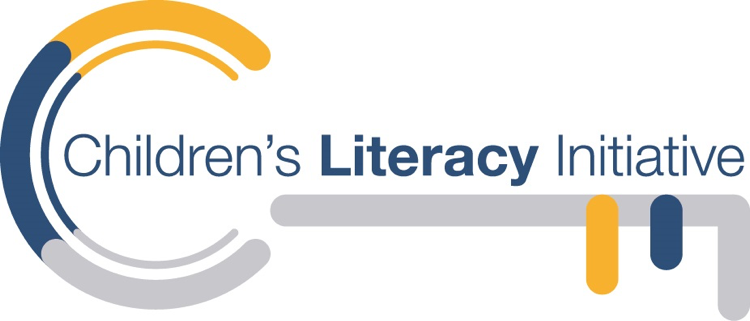

Accelerating Excellence in Center-Based Early Childhood Programs
ECSOs partner with local center-based early education and care programs licensed by the Department of Early Education and Care (EEC) to implement tested approaches to improving instruction and practice in high-quality program serving children ages birth through five years old. This effort is a key strategy of the Massachusetts Department of Early Education and Care’s continuum of supports for program leaders to ensure high quality services delivered to young children across the Commonwealth. The ECSO Initiative is supported through a public-private partnership with New Profit, a national venture philanthropy organization that backs social entrepreneurs who are advancing equity and opportunity in America.
Services
By leveraging the expertise of program leaders, ECSOs offer center-based programs direct coaching and collaborative peer learning opportunities based on promising research-based models with documented evidence of success across the country. Through engagement with highly trained implementation experts, program leaders will be empowered to:

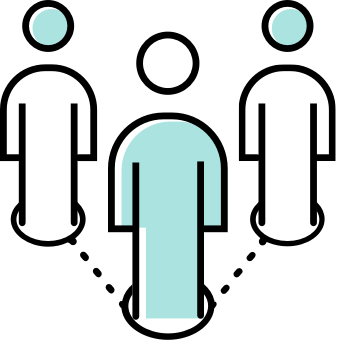
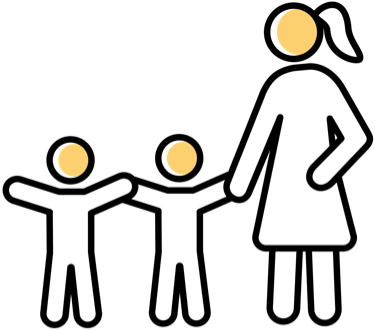
Programs partnering with ECSOs should have:
- A program leader willing to engage in continuous improvement and to build their skills as an instructional lead
- Commitment to intensive professional development that includes regular leader coaching, online learning, participation in professional learning communities and leader facilitation of professional learning for educators
- Commitment to the use of a high quality curriculum that improves child outcomes
How to access an ECSO
- Programs invited to apply will be matched with an ECSO based on the goals of the program and the fit of the ECSO model
- If you have any questions about the ECSO Initiative, submit them at the link below.
*Programs will receive $5000 per program for the first two years of participation to support continuous quality improvement goals.
ECSOs
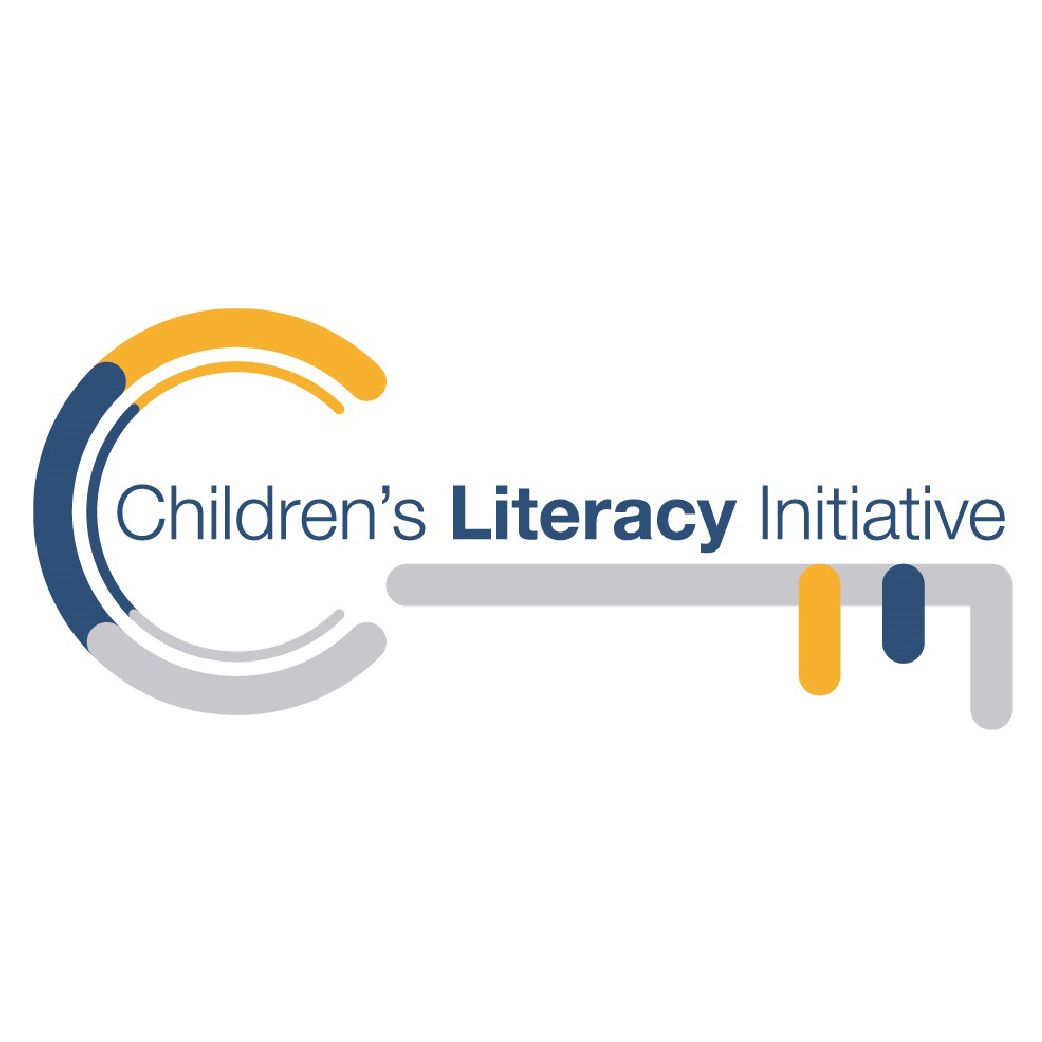
Since 1988, the Children’s Literacy Initiative (CLI) has been leading efforts to combat educational disparities, starting with a librarian’s vision to get books in the hands of children. Today, CLI is a recognized leader in improving education, driving significant improvements in educational outcomes across the United States. Our focused mission aims to achieve systemic change and ensure every child has access to high-quality education.
At the core of our approach is the belief that literacy is not only fundamental to learning but also a critical vehicle for liberation, empowering learners to navigate and influence the world. This philosophy compels us to amplify underrepresented voices and foster a strong sense of community and continuous improvement to the districts we support. To operationalize this, CLI utilizes its proprietary Core Framework for Teaching and Learning (CFTL), a dynamic tool that embodies our commitment to evidence-based teaching practices and guides our comprehensive data collection and analysis processes, ensuring that our interventions are precisely tailored to the needs of each community we serve. Our Core Service Model (CSM) integrates continuous improvement and feedback mechanisms informed by Elmore’s Instructional Core designed to include job-embedded coaching, professional development sessions, and strategic planning activities that are directly informed by real-time data gathered through the CFTL. This systematic approach ensures that our support is both impactful and sustainable, leading to environments where teachers are well-equipped, and students are actively engaged in learning that is both rigorous and culturally relevant.
CLI’s steadfast dedication and innovative strategies clearly manifest in classrooms where literacy education not only serves as the foundation for lifelong success but also fosters a profound joy in learning. Moreover, feedback from our partners is overwhelmingly positive, with 97% finding the learnings applicable to their roles and practices, and 94% feeling prepared to implement their newfound knowledge. Driven by such feedback and the requirements of our own project management systems that demand reflection and iteration, we are motivated to continuously build upon and expand our efforts.
What is it like to partner with us?
Children’s Literacy Initiative is an organization of teachers, and we believe deeply in teachers. Just like the educators with which we partner, since its founding, Children’s Literacy Initiative has remained committed to helping children become strong readers, writers, and thinkers. Center leaders and educators possess the knowledge, skills, and drive that transforms children into life-long learners.
To enhance children’s learning, our Theory of Change asserts that center leaders and teachers need ongoing, structured professional development combined with high-quality curriculum, coaching and support, and classroom materials for children.

Through the ECSO initiative, CLI will provide a comprehensive and cohesive approach to coaching and training early childhood center leaders and educators. CLI’s proven model includes a programmatic approach for the whole center to transform early learning.
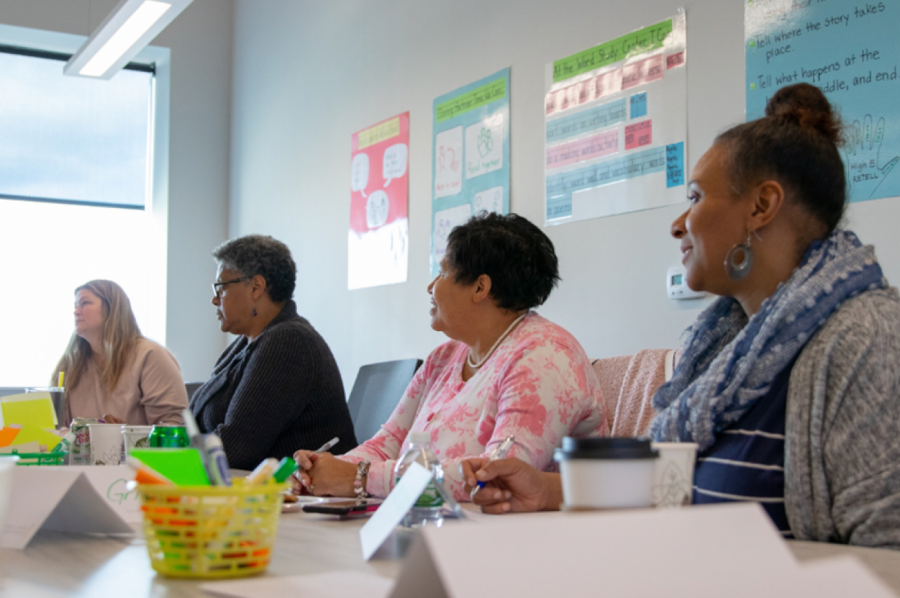
We work closely with center leaders in a cycle of continuous improvement to build on their knowledge and ability to effectively run an early education and care center that supports strong educators and the emotional and academic development of children. We help educators develop their capacity, helping them to identify strengths and areas of need then tailoring engaging experiences for the children in their care.
By the end of the project, center leaders will be able to sustain the work as a model of continuous improvement and high-quality childcare.
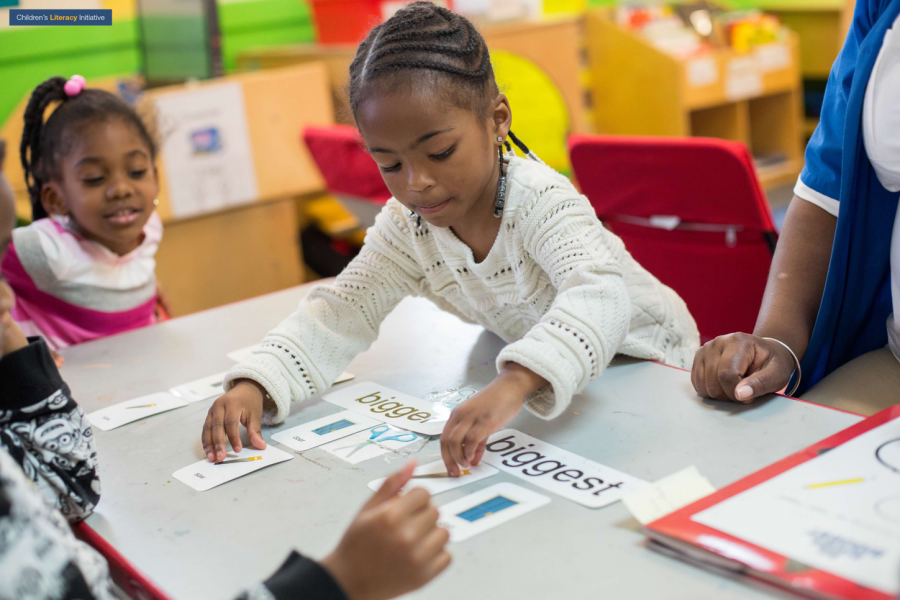
Practitioner Experience
A CLI Literacy Instructional Leader (LIL) works 1:1 with individual educators in the Transformational Coaching Model. They discuss goals for children, implementation plans for individual lessons, activities, and high-quality interactions utilizing data-based decisions aligned to center priorities and goals. Coaching activities focus on the content and context of the lesson, children’s prior knowledge, lesson implementation, evidence of understanding and learning, data reflection, identity affirmation, and collaboration in a learning community. During the lesson, activity, or high-quality interactions, LIL and educator negotiate support levels. LILs work using a menu of transformational coaching activities where they can design the “just right” learning opportunity for every educator knowing that adult learning is at the heart of school transformation. This provides the partnership an opportunity to debrief, celebrate successes, discuss areas to strengthen, and set explicit next steps to move forward.
Leaders also engage in these coaching activities with their CLI coach to deepen their practice. This parallel approach helps demonstrate for leaders how the coaching they experience through CLI is replicable in their instructional leadership with educators.
Never leave us. We benefit so much from our coaches. [Our district] does not offer professional developments like in the past. Therefore, having someone coach you through skills and strategies that you struggle with as an educator is so much more beneficial and rewarding especially seeing the results in your students’ academic success.”
I love and appreciate CLI for everything they provide to colleagues and I. We truly are grateful for the experiences and guidance and it shows through our students. That one on one time has been enlightening, refreshing and motivating.”
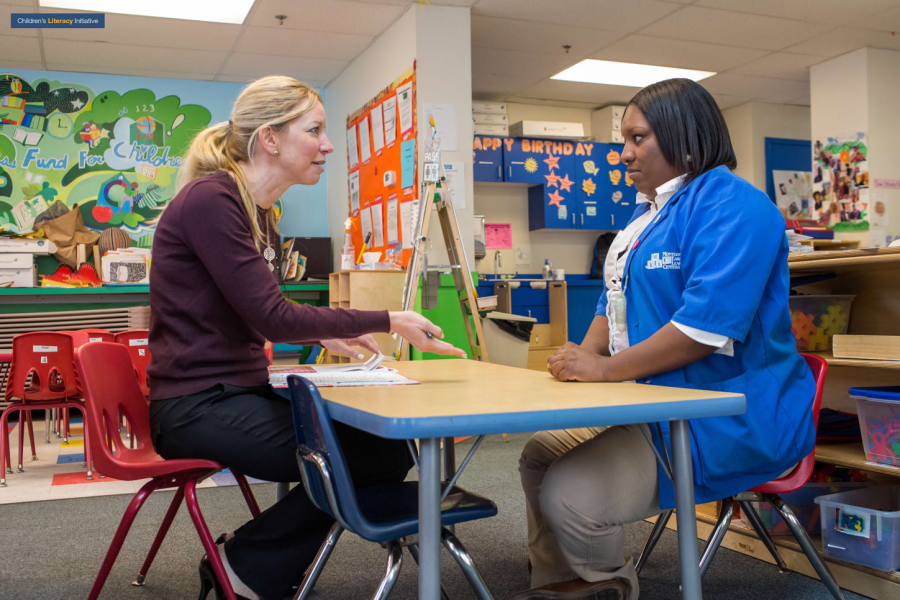
Who do we work with?
CLI has expertise to serve a range of center types, program levels, and age ranges. CLI has partnered with center-based programs in private childcare, public schools, voluntary prekindergarten, and head start classrooms. Here are some baseline requirements for participation:
- Serve a high percentage of high needs children, defined as a program that consists of at least 25% of enrolled children are those who receive any subsidized care through EEC. All Head Start programs are eligible.
- Demonstrate readiness to engage in the quality improvement process and participate in support services provided by CLI.
- Eagerness to evaluate current child assessment system and curriculum
- A willingness to engage in a dynamic partnership that fosters collaboration, continuous growth, and keeps children at the forefront.
- Desire from all adults to create a dynamic learning community focused on outcomes for children and alignment to the school vision
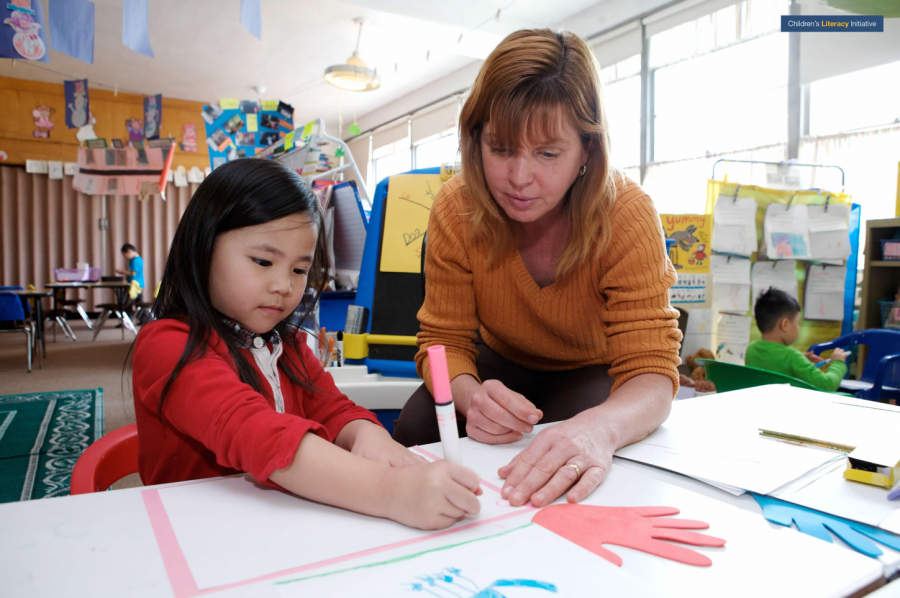

Early Education Leaders, an Institute at the University of Massachusetts Boston, provides the leadership development opportunities and infrastructure that early educators need to support thriving children and families. Founded in 2016, Early Education Leaders drives systems change by cultivating effective leaders who reflect and represent their communities—through workforce and leadership development, research, and partnerships that strengthen the larger early education ecosystem. Early Education Leaders is nationally recognized as a model of excellence. It makes high-quality early care and education a reality for more children and families while supporting the professional growth of a diverse workforce of early educators. Get involved or learn more by visiting www.umb.edu/earlyedinstitute.

Flamingo Learning is a comprehensive professional development system for early childhood educators developed by the University of Florida Lastinger Center for Learning. Our mission is to create equitable educational systems where every child and educator – regardless of circumstances experience high-quality learning that supports the achievement trajectories through school that are predictive of success in life.
We achieve this through:
-
- Offering competency-based teaching and professional development
- Using technology-enhanced adaptive and personalized learning systems
- Leveraging validated research to inform the ongoing design and implementation of solutions

What is it like to partner with us?
Partnering with us means systematically improving child outcomes through free professional development for early childhood providers. The program is designed to give program leaders and educators access to a suite of supports around Instructional Leadership Development and Classroom Instruction and Management. This includes virtual and in person one-to-one coaching, participation in a community of practice, as well as early childhood coursework focusing on a variety of critical topics such as curriculum selection and adoption, exploration and adoption of a child assessment tool, and highly effective leadership skills and effective classroom practices.
Through our Instructional Leadership Development work, directors will practice strategies for facilitating collaborative Professional Learning Communities, also known as Communities of Practice, with teachers. Once program leaders complete the three-year program, they will continue to receive “alumni support” from Flamingo Learning.
All program leaders will participate in an in-person coaching institute that will examine and implement transformational skills that will lead to a coaching certification.
Educator will receive an assigned classroom Flamingo Learning coach to support instructional practices, curriculum implementation, child observation, documentation, and assessment.
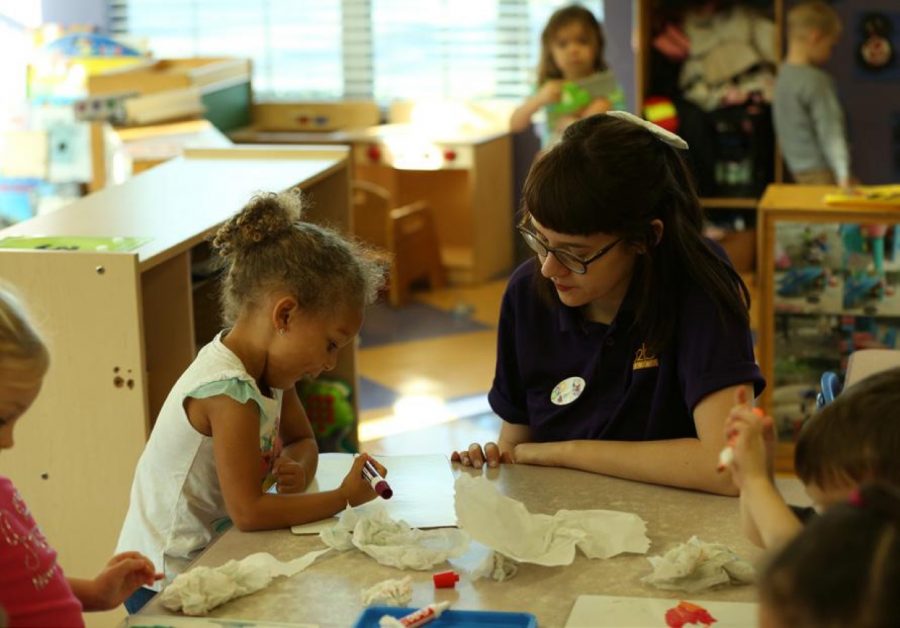
What will the program look like?
Our partnership with you begins with a high-energy launch that facilitates dialogue and a sense of community among peers. We introduce the critical, foundational topics that build skills as an instructional leader, including elements of coaching and Communities of Practice facilitation. Participants will identify the characteristics of highly effective leaders, explore their passions around early childhood and build action plans that articulate next steps for working on individual leadership dispositions and habits. Educators will receive monthly visits from their assigned coach who will use our coaching model to identify educators’ goals for curriculum implementation, classroom practices and use of child assessments.
